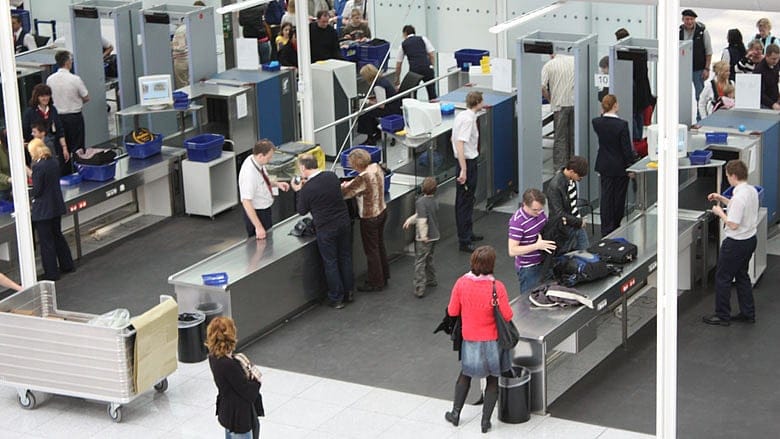The TSA: Looking for terror in all the wrong places

There's widespread agreement on both sides of the aisle that the Transportation Security Administration needs to change. But just what that change should look like is a question that no one wants to address.
Recently, and with some blowback from Congress, the agency proposed that it should discontinue security screening at certain unnamed small airports where it has determined that the chances of a terrorist attack are extremely low, presumably based on the number of passengers and types of aircraft serviced.

